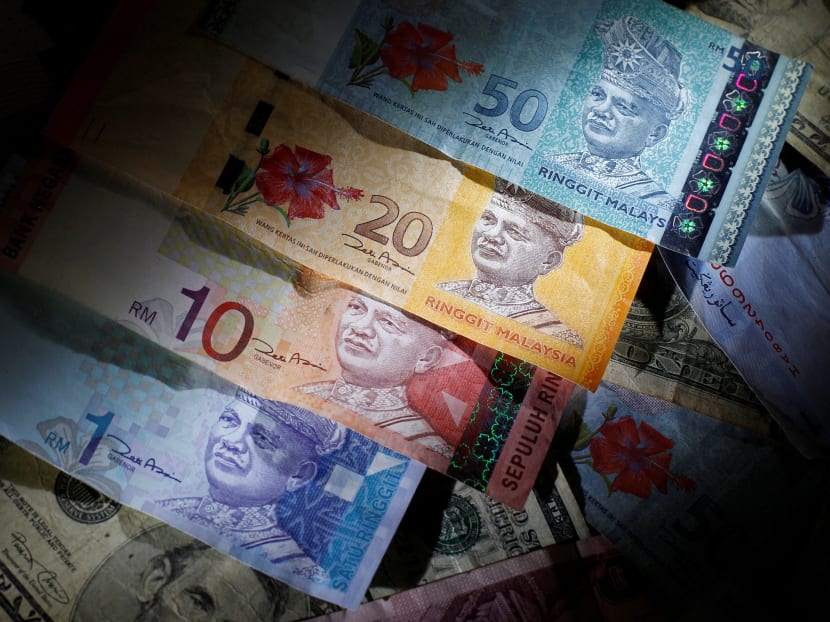Ringgit, worst performing Asian currency since Trump win, puts M’sia central bank on guard
SINGAPORE — The Malaysian ringgit, Asia’s worst-performing currency since Mr Donald Trump’s surprise US election victory, is set for the longest stretch of losses since 2013 as the central bank’s move to discourage currency speculation hurt sentiment toward the nation’s assets.

The ringgit is Asia’s worst-performing currency since Mr Donald Trump’s surprise US election victory. Photo: Reuters
SINGAPORE — The Malaysian ringgit, Asia’s worst-performing currency since Mr Donald Trump’s surprise US election victory, is set for the longest stretch of losses since 2013 as the central bank’s move to discourage currency speculation hurt sentiment toward the nation’s assets.
The yield on 10-year sovereign notes climbed to a 15-month high after Bank Negara Malaysia (BNM) warned foreign banks this month against using offshore forwards to bet against the ringgit. A three-day rally in Brent crude offered limited support for the currency even as it boosted prospects for Malaysia’s oil-export earnings.
“The Malaysian ringgit’s in a world of its own simply because of the currency regulations that Bank Negara Malaysia’s coming out with,” said Mr Stephen Innes, a senior trader at Oanda Asia Pacific in Singapore. “Right now, people are still looking for the exits on the bond market simply because there’s a growing fear that they just can’t hedge their risk.”
The rinngit’s slump is also putting a Malaysian interest-rate cut out of sight for now.
After surprising the market with a reduction in July, economists surveyed by Bloomberg in the days leading up to the US vote had forecast another cut this year. Mr Trump’s win and the ensuing US dollar rally have swept those bets away, with all 19 economists polled in a fresh survey predicting BNM will hold the overnight policy rate at 3 per cent on Wednesday (Nov 23).
The ringgit has fallen more than 5 per cent since the Nov 8 United States elections, as emerging Asian economies suffered about US$11 billion of outflows. Bank Negara’s attempt to stop foreign banks from using offshore forwards to bet against the currency exacerbated the decline, as it evoked fears of capital controls imposed during the Asian financial crisis in 1998.
“Given the currency weakness and also potentially an uptick in inflation next year, the room for deeper rate cuts is slimmer,” said Ms Julia Goh, an economist with United Overseas Bank in Kuala Lumpur. “The volatile ringgit and the dollar’s strength complicate matters.”
Once among South-east Asia’s powerhouses, Malaysia’s economy is faltering with the World Bank forecasting growth of less than 5 per cent from 2016 to 2018. The economy expanded 4.3 per cent last quarter from a year earlier.
The depreciating ringgit in part has prompted analysts at ING Groep NV and Nomura Holdings to change their forecasts, expecting the central bank to stand pat at its last policy meeting this year, from an earlier projection of a reduction. UOB’s Ms Goh predicts policy makers will resume cutting rates in the first half of 2017.
Other central banks in the region are also holding off from adding stimulus, with Indonesia last week keeping its benchmark rate unchanged after six cuts this year.
The Malaysian currency fell for 10 straight days through Tuesday and was trading at the lowest level since October 2015. Inflation is projected by the government to average between 2 per cent and 3 per cent next year, compared with 2 per cent to 2.5 per cent this year.
“With BNM stepping up rhetoric against speculation on the ringgit, the focus is now firmly on currency stability with growth/inflation dynamics taking a backseat for now,” DBS Group Holdings said in a note this week. BLOOMBERG





